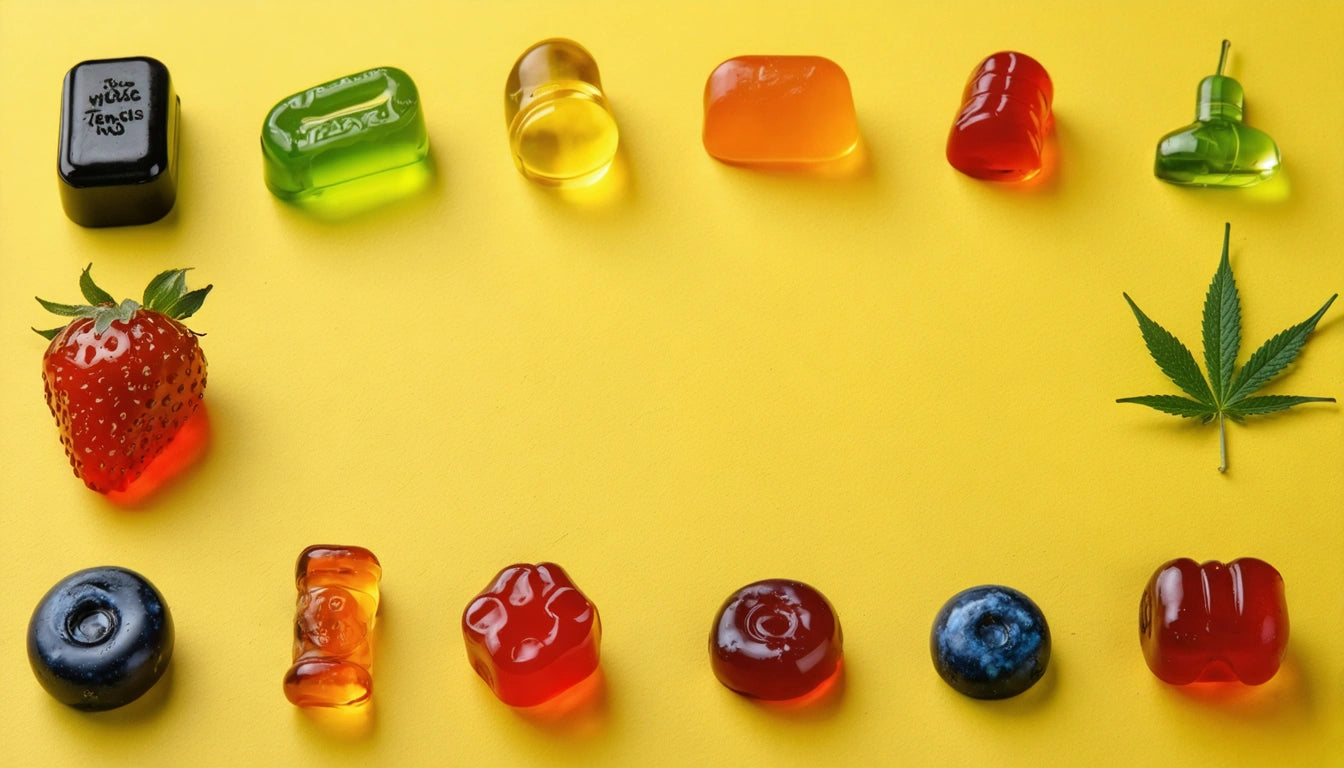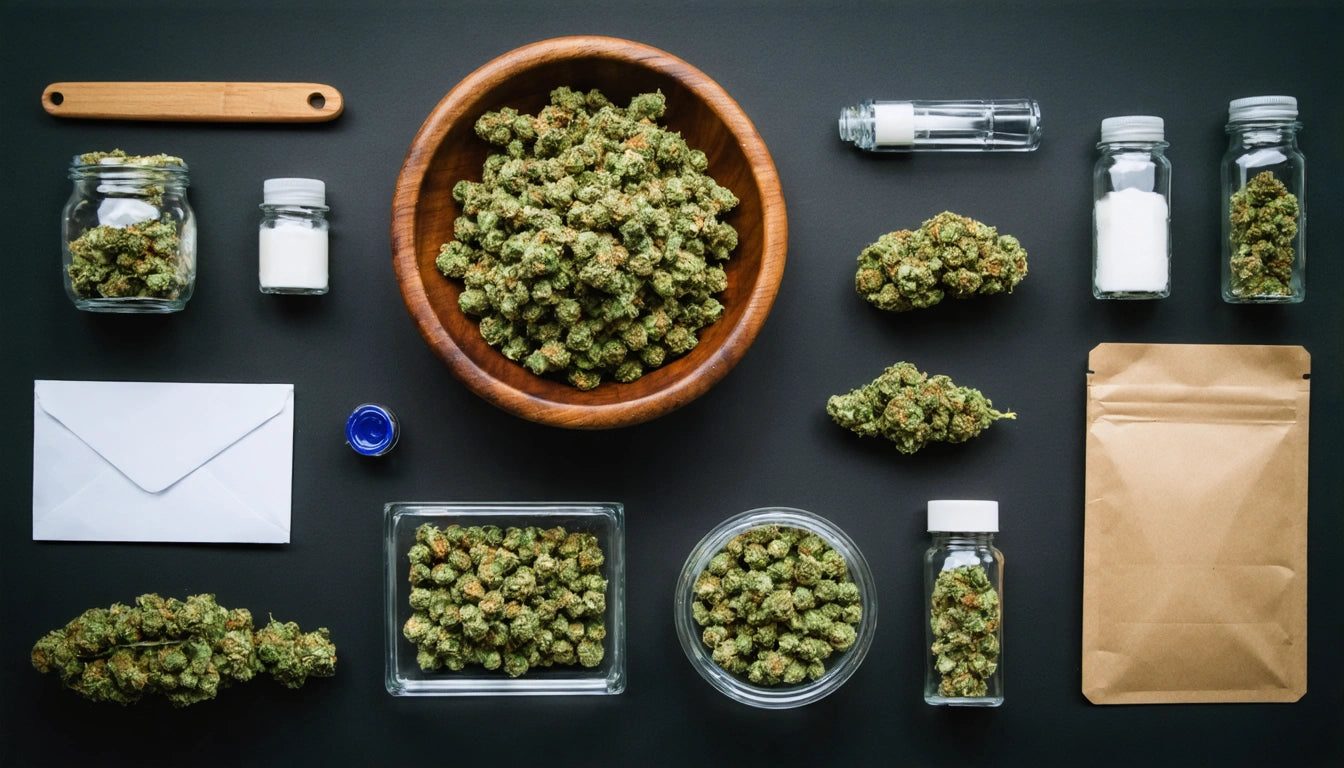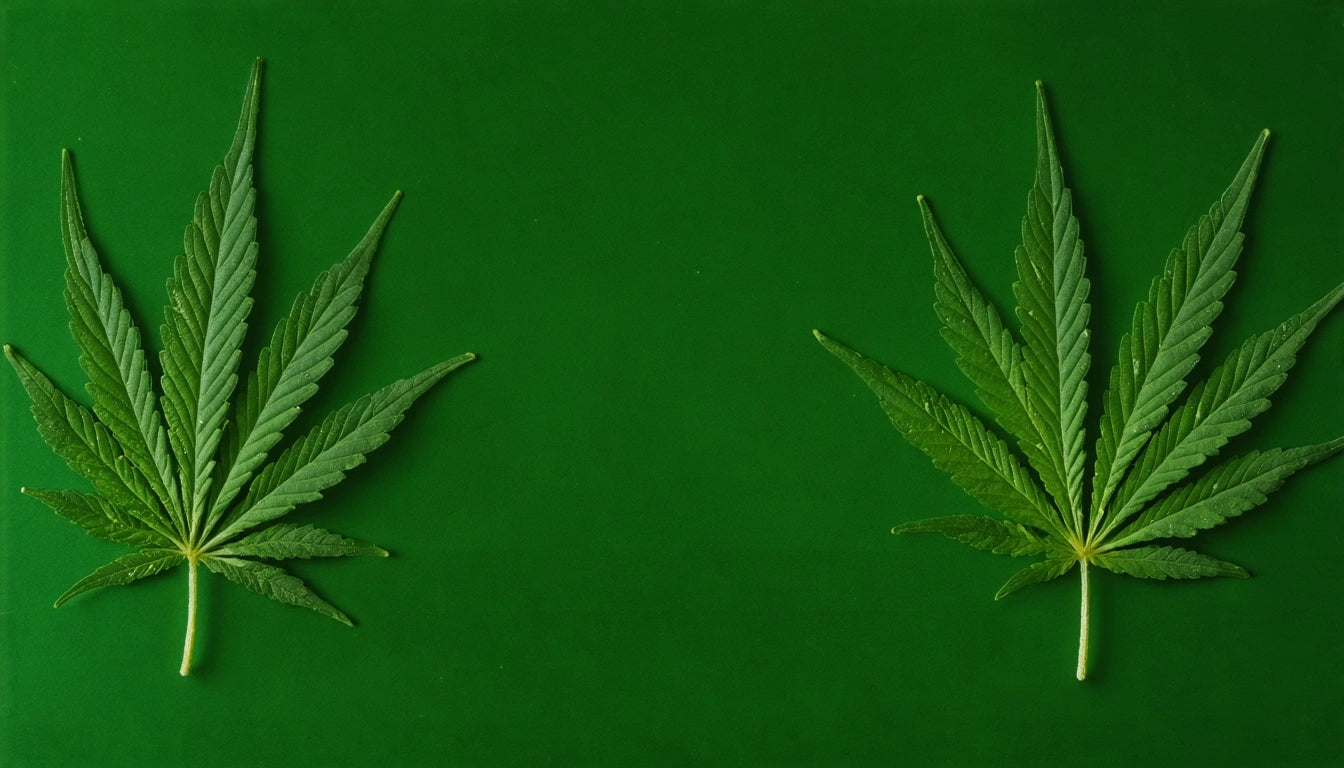Table of Contents
- Texas Cannabis Laws: Current Status and Restrictions
- Are Edibles Legal in Texas? Understanding the Regulations
- THC Products and Brands in Texas: What's Allowed?
- Cannabis Paraphernalia Laws in Texas
- Kansas Cannabis Laws: A Strict Prohibition State
- Legal Alternatives and Hemp-Derived Products
- Navigating Complex State Laws: Practical Considerations
Legal Status of Edibles and Cannabis Products in Texas and Kansas
Understanding the legal landscape for cannabis products can be challenging as regulations vary significantly from state to state. This is particularly true for states like Texas and Kansas, which maintain stricter policies compared to states with recreational legalization. Whether you're wondering if edibles are legal in Texas or if Kansas permits any form of cannabis product, this guide provides clarity on the current legal status.
Texas Cannabis Laws: Current Status and Restrictions
Texas maintains some of the strictest cannabis laws in the country. Despite growing support for reform, as outlined in discussions about potential legalization, marijuana remains largely illegal for recreational use.
The state has a limited medical marijuana program called the Compassionate Use Program, which was established in 2015 and has been gradually expanded. According to Texas medical marijuana laws, only patients with specific qualifying conditions can access low-THC cannabis products prescribed by registered physicians.
Are Edibles Legal in Texas? Understanding the Regulations
The question "are edibles legal in Texas" has a clear answer: traditional THC edibles are illegal in Texas. Any food product containing delta-9 THC derived from marijuana is classified as a controlled substance. Possession of THC edibles is treated seriously under Texas law, with penalties determined by the weight of the entire product, not just the THC content.
For those asking "are gummies legal in Texas" or "are edibles illegal in Texas," it's important to understand that marijuana-derived THC gummies and other edibles fall under the state's prohibition. However, there is a significant distinction for hemp-derived products.
Hemp-Derived Edibles in Texas
Following the 2018 Farm Bill and subsequent Texas legislation, hemp-derived products containing less than 0.3% delta-9 THC by dry weight are legal in Texas. This has created a market for hemp-derived CBD edibles and other alternative cannabinoid products.
For those monitoring the legal landscape, future legalization projections in Texas suggest potential changes, though comprehensive reform remains uncertain in the near term.
THC Products and Brands in Texas: What's Allowed?
When considering specific products like Muha Meds, consumers often ask, "are Muha Meds legal in Texas?" The answer depends on the specific product composition. Muha Meds products containing delta-9 THC derived from marijuana are not legal in Texas. However, if they contain only hemp-derived cannabinoids within legal limits, they may be permissible.
Texas has established specific THC limits and restrictions that affect what products can be legally sold and possessed. For businesses and consumers alike, understanding these limits is crucial for compliance.
For those who need to verify product contents, precision measuring equipment can help ensure that products fall within legal limits, though this doesn't guarantee legal protection.
Cannabis Paraphernalia Laws in Texas
Another common question is "are bongs illegal in Texas?" Texas law prohibits the possession of drug paraphernalia, which includes devices designed for consuming controlled substances. However, these items are often sold legally as "for tobacco use only" products.
The legal status of paraphernalia in Texas is complicated by intent. Possession of a bong, pipe, or similar device becomes illegal when there's evidence it's being used for consuming illegal substances. This creates a gray area where the same item might be legal or illegal depending on its use.
Understanding possession laws and penalties is essential for Texas residents to avoid legal complications.
Kansas Cannabis Laws: A Strict Prohibition State
For those asking "are edibles legal in Kansas," the answer is even more restrictive than in Texas. Kansas maintains some of the strictest cannabis laws in the nation, with no comprehensive medical marijuana program and full prohibition of THC products.
Unlike Texas, Kansas has been slower to adopt hemp regulations, though it does permit hemp-derived CBD products with zero THC. This means that even the limited options available in Texas may not be legal in Kansas.
The legal landscape in Kansas should be considered in the context of varying state approaches to edibles, with Kansas representing one of the most restrictive regulatory environments.
Legal Alternatives and Hemp-Derived Products
Both Texas and Kansas do permit certain hemp-derived products within specific limitations. These include:
- CBD products with less than 0.3% THC in Texas (zero THC in Kansas)
- Hemp-derived terpenes and flavonoids
- Non-intoxicating hemp extracts and topicals
- Hemp fiber and seed products
The legal status of alternative cannabinoids like delta-8 THC remains contentious, with varying interpretations across states. In Texas, delta-8 products derived from hemp have been available, though their legal status has faced challenges.
For a broader perspective, global edible regulations show how Texas and Kansas fit into the wider spectrum of cannabis policy approaches.
Navigating Complex State Laws: Practical Considerations
The legal status of cannabis products in Texas and Kansas reflects the complex and evolving nature of state-level cannabis regulation in the United States. For consumers and businesses, several practical considerations emerge:
- Always verify the specific composition of hemp-derived products
- Understand that crossing state lines with cannabis products carries additional legal risks
- Recognize that local enforcement may vary within states
- Stay informed about legislative changes, as cannabis laws continue to evolve
While both Texas and Kansas maintain strict cannabis laws, there are signs of gradual change, particularly in Texas where discussions about cultivation and broader reforms continue to develop. For now, however, traditional THC edibles remain illegal in both states, with limited exceptions for specific medical patients in Texas.











Leave a comment
All comments are moderated before being published.
This site is protected by hCaptcha and the hCaptcha Privacy Policy and Terms of Service apply.